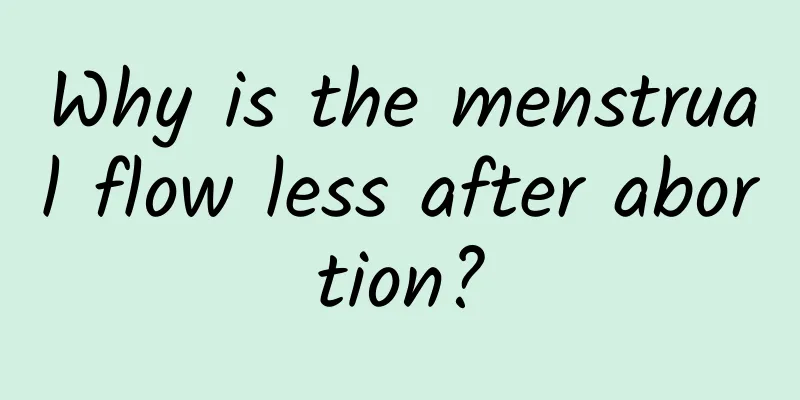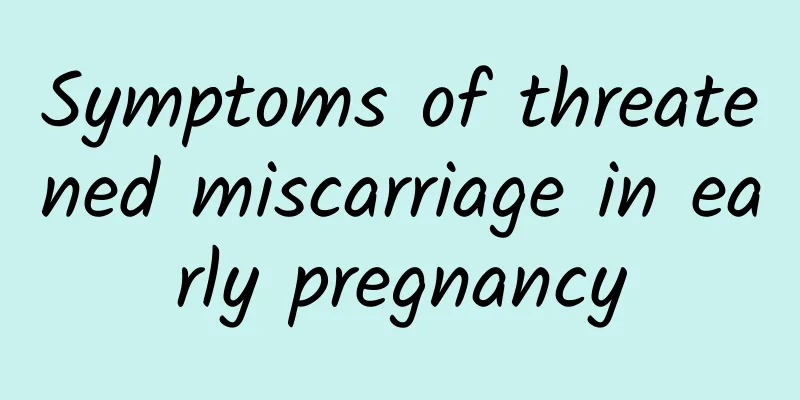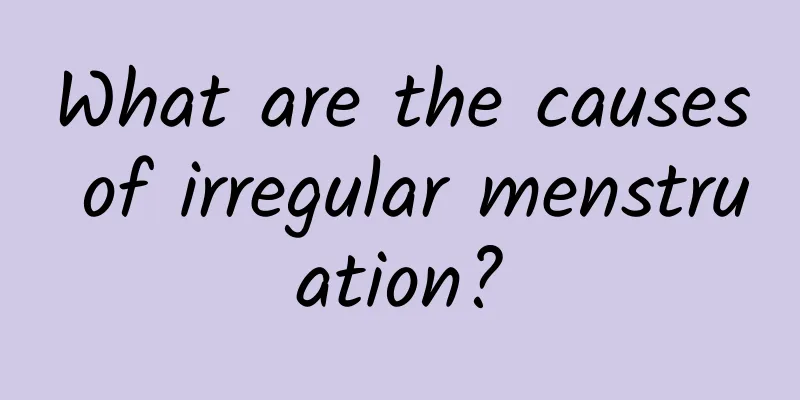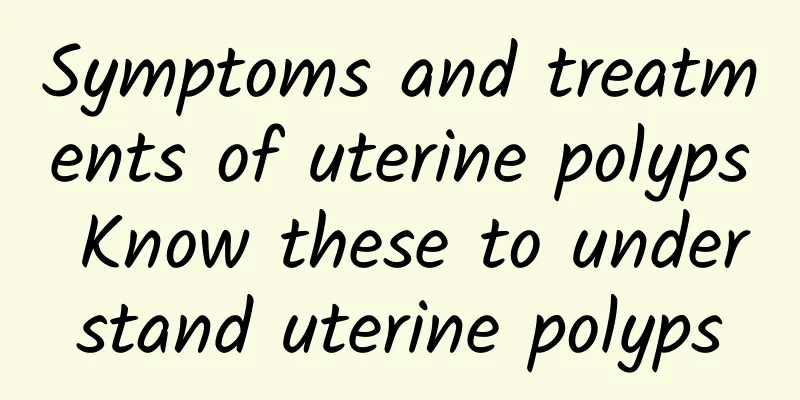Why is the menstrual flow less after abortion?

|
There are two possible reasons for less menstruation after abortion: one is cervical adhesion or uterine adhesion, which results in the inability or poor discharge of menstrual blood. Another reason may be that local damage to the endometrium leads to less menstruation. You can do B-ultrasound to measure the thickness of the endometrium in the middle of the menstrual period, and do hysteroscopy if necessary. If there is endometrial adhesion, it can be separated under hysteroscopy, and then a large dose of estrogen can be used to promote endometrial growth. Whether it will affect future pregnancy depends on the results of the examination and treatment. After all, abortion is traumatic, so it cannot be used as a means of contraception. If you do not want to have children for the time being, you must take reliable contraceptive methods to avoid a variety of gynecological diseases caused by abortion and even affect future fertility. |
<<: How to avoid infection after abortion
>>: Can abortion cause infertility?
Recommend
Is the menstrual flow heavy due to adenomyosis?
Nowadays, many female friends suffer from adenomy...
Eat winter melon to lose weight and reduce fat! It also helps eliminate edema and protect the intestines
The white and plump winter melon is not only plea...
How long does it take for a child's abdominal lymphadenitis to get better?
It usually takes 1 to 4 weeks for children to rec...
Traditional Chinese medicine against edema and obesity: Don’t be afraid of drinking red bean soup
Office workers who sit for long periods of time o...
Which types of ovarian cysts can develop into cancer?
The causes of female ovarian cysts are very commo...
Disney sets precedent by banning junk food ads
After American industrialist Walt Disney created ...
Losing weight without starving? Eat the right food, eat well and lose weight
Recently, a reader asked me through an article wh...
What is the treatment for cervicitis?
Cervicitis is one of the common gynecological dis...
Eat these foods after exercise to gain muscle and lose fat! Nutritionists recommend 3 sugar-reducing dishes to quickly replenish nutrition
Whether you exercise for weight loss, stress reli...
Women should pay attention to these to prevent vulvar leukoplakia
Vulvar leukoplakia is very harmful to the female ...
Warning: Three common high-risk groups for ectopic pregnancy
It is very necessary for female friends to unders...
Create a body that's perfect for wearing lingerie! 4 home exercises to help you get rid of annoying waist and back fat
48-hand yoga - prepare for your next relationship...
Understand the symptoms of exogenous leukoplakia
Women often have some gynecological diseases, and...
What drugs to take to treat uterine fibroids
Drug treatment for uterine fibroids usually uses ...
What kind of surgery is suitable for myoma on the posterior wall of the uterus?
What kind of surgery is suitable for myoma on the...









